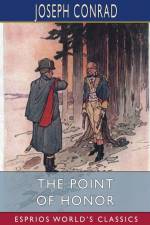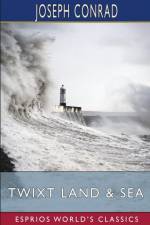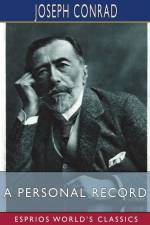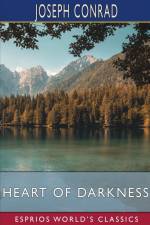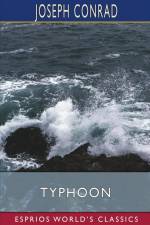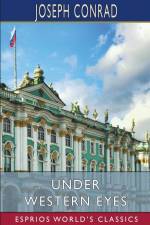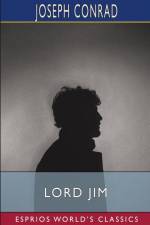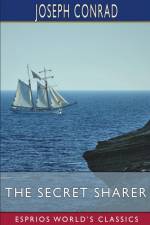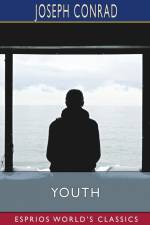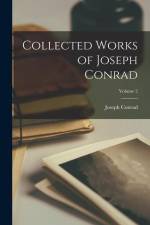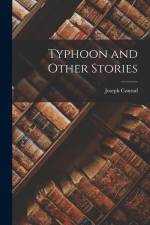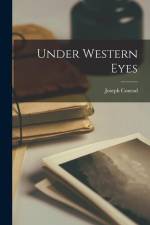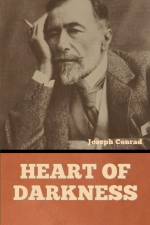av Joseph Conrad
239,-
Joseph Conrad (born Józef Teodor Konrad Korzeniowski; 3 December 1857 - 3 August 1924) was a Polish-British writer regarded as one of the greatest novelists to write in the English language. Though he did not speak English fluently until his twenties, he was a master prose stylist who brought a non-English sensibility into English literature. Conrad wrote stories and novels, many with a nautical setting, that depict trials of the human spirit in the midst of what he saw as an impassive, inscrutable universe.Conrad is considered an early modernist, though his works contain elements of 19th-century realism. His narrative style and anti-heroic characters have influenced numerous authors, and many films have been adapted from, or inspired by, his works. Numerous writers and critics have commented that Conrad's fictional works, written largely in the first two decades of the 20th century, seem to have anticipated later world events.Writing near the peak of the British Empire, Conrad drew, among other things, on his native Poland's national experiences and on his own experiences in the French and British merchant navies, to create short stories and novels that reflect aspects of a European-dominated world-including imperialism and colonialism-and that profoundly explore the human psyche.Heart of Darkness (1899) is a novella by Joseph Conrad about a narrated voyage up the Congo River into the Congo Free State in the so-called heart of Africa. Charles Marlow, the narrator, tells his story to friends aboard a boat anchored on the River Thames. This setting provides the frame for Marlow's story of his obsession with the ivory trader Kurtz, which enables Conrad to create a parallel between what Conrad calls "the greatest town on earth", London, and Africa as places of darkness.Central to Conrad's work is the idea that there is little difference between so-called civilized people and those described as savages; Heart of Darkness raises questions about imperialism and racism.Originally issued as a three-part serial story in Blackwood's Magazine to celebrate the thousandth edition of the magazine, Heart of Darkness has been widely re-published and translated into many languages. It provided the inspiration for Francis Ford Coppola's 1979 film Apocalypse Now. In 1998, the Modern Library ranked Heart of Darkness 67th on their list of the 100 best novels in English of the twentieth century. (wikipedia.org)

